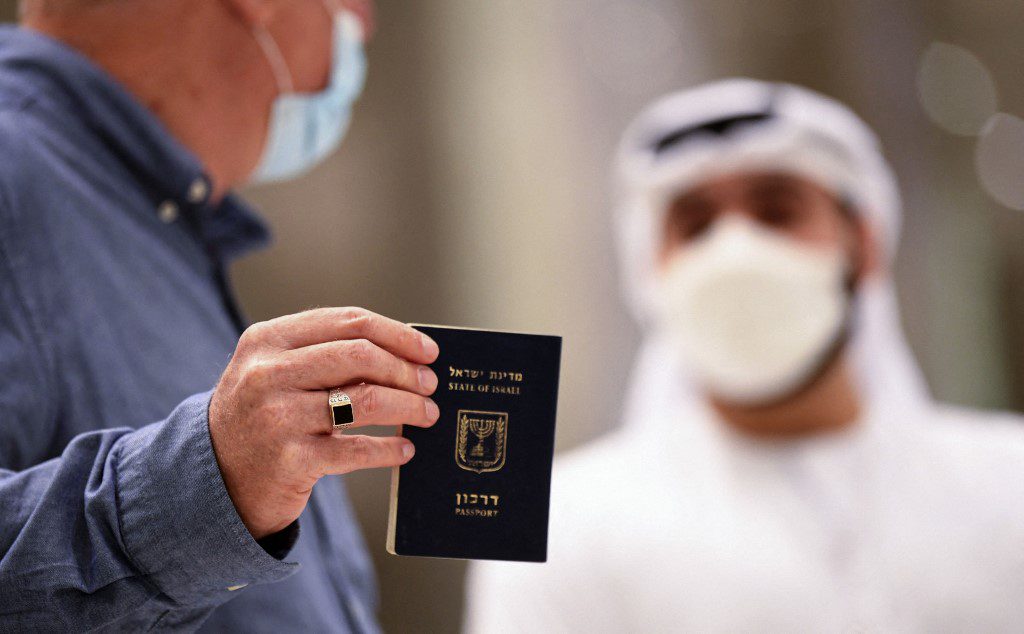Since the Madrid Conference in 1991, major new variables have changed the nature of the Arab-Israeli conflict.

Majed Kayali
Since the Madrid Conference in 1991, major new variables have changed the Arab-Israeli conflict‘s nature and the structure of Arab relations with Israel. These changes have been visible in several ways.
First, Palestine is no longer the central cause of the Arab nations. It is evident that it was just a mantra exploited by authoritarian Arab regimes to silence their people’s demands for freedom, development and justice. These regimes employed this mantra to justify their tyranny and resource monopoly.
Second, the events in recent years have disproved the notion that Palestine is Israel‘s doorway into the Arab world, as many Arab regimes have already normalised relations with Israel. Instead, some of these regimes stooped to sign agreements with Israel without stipulating clauses relating to the Palestinians’ rights.
In doing so, they circumvented the Arab Peace Initiative, which requires the withdrawal from the occupied lands in return for the normalisation of relations with Israel. It is well-known that Israel utterly rejected the initiative, which was approved at the Arab Summit in Beirut in 2002.
Third, several Arab countries signed agreements beyond normalisation, including Egypt, Jordan, and Oman in the first normalisation wave. The new agreements approached the level of international cooperation or even an alliance, exemplified by the new relations that Israel has established with UAE, Bahrain, and Morocco.
These relations involve the formation of economic, security and political cooperation systems with Israel. In the summer of 2020, the Abraham Accords agreement – sponsored by Donald Trump, the former American president – was signed between Israel, the UAE and Bahrain.
Fourth, since 1991 a Palestinian Authority established self-rule in part of the Palestinian territories that have been occupied since 1967. Israel maintained control over the Palestinian lands, consolidated its colonial presence in the West Bank, and prevented the establishment of an autonomous Palestinian state.
A prime manifestation of this development was the Negev Summit, in which a six-party ministerial meeting was convened and attended by the foreign ministers of Israel and the US, as well as the foreign ministers of the UAE, Bahrain, Morocco and Egypt.
Israel arranged this meeting in the Negev, where the countries concluded economic and security cooperation agreements with Israel. Signing these agreements allowed Israel to strengthen its regional and international position. Also, it made the Palestinians more vulnerable than at any other time in their history.
In light of these developments, one might deduce that Tel Aviv prioritises three strategic factors. These factors determine Israel’s vision, role and position in the Arab world and vis-à-vis other regional parties.
The first factor relates to Israel’s internal security, which requires obscuring the Palestinian cause until it disappears from regional and international agendas. In other words, it maintains the Palestinian status quo, with limited self-rule or authority that only applies to the West Bank and Gaza’s Palestinians.
The second factor lies in Israel’s regional security, which involves strengthening relations with Arab countries and integrating into a security, economic and political system with these countries as much as possible. It also demands eliminating or limiting other regional powerhouses – especially Iran – where Israel’s interests intersect with those of other Arab countries.
The third factor entails supporting the US position in the world and the Middle East by preserving Israeli-American strategic relations, which support Israel’s security and strengthen its arsenal.
However, these dynamics do not necessarily imply smooth sailing for Israel. It is located in an unstable region subject to severe and complex fluctuations, as has been evident in recent years.
Nevertheless, all major variables and transitions across all aspects must be considered as they may introduce new considerations to the Arab-Israeli conflict. However, not all transitions are likely to benefit Israel or serve its agendas and interests.
Historically, we are witnessing a tremendously fluid situation on the Arab, regional and international levels. Naturally, such circumstances are susceptible to numerous scenarios.
As such, Israel will remain exposed to political, historical and geographical fluctuations as long as it remains an apartheid colonial state that oppresses “goys” or discriminates between its citizens on a religious basis.
DISCLAIMER
The opinions expressed in this publication are those of our writers. They do not purport to reflect the opinions or views of Fanack or its Board of Editors.


